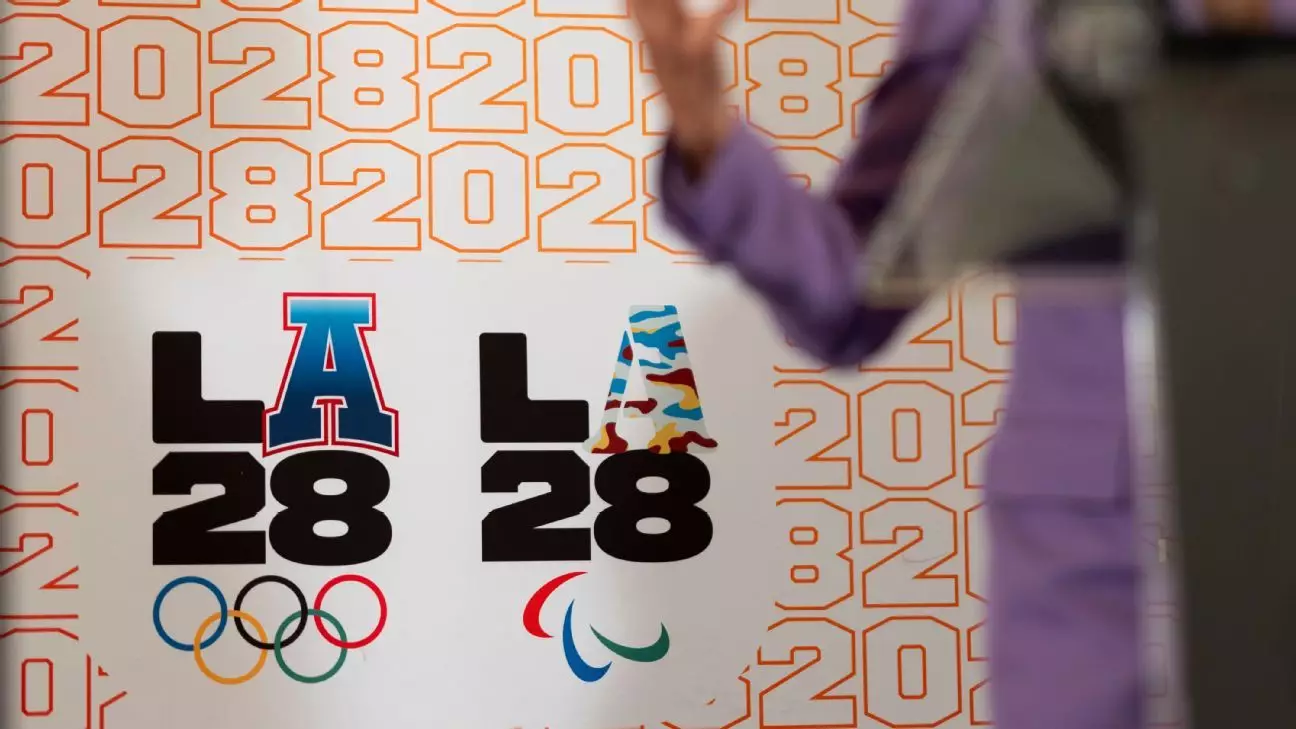The decision to commence basketball competitions two days prior to the official opening of the 2028 Los Angeles Olympics signifies a dramatic shift in the traditional Olympic schedule. This change is not merely logistical; it reflects an intent to elevate the sport’s profile and optimize the tournament’s structure. By front-loading basketball, organizers aim to ensure that the competition commands additional attention and maintains momentum throughout the Games. This strategic maneuver provides a concentrated period of high-intensity action, potentially energizing spectators and broadcasters alike. However, it also raises questions about the broader logistical implications, such as athlete readiness, fan engagement, and the seamless integration with other sports.
Such a schedule adjustment indicates a desire to balance tradition with innovation. For decades, Olympic sports have usually started after the opening ceremony, aligning with the event’s unifying spirit. Deviating from this norm might be viewed as a bold statement of the event’s evolving nature, emphasizing flexibility and adaptability in a rapidly changing sporting landscape. Yet, it also underscores the ongoing tension between tradition and the necessity to modernize for audience engagement and commercial interests.
The Significance of an Earlier Basketball Start
Basketball’s early start is particularly impactful given its status as a marquee Olympic sport, especially considering the U.S. teams’ dominance. The women’s team, with an unbroken streak of gold medals, and the men’s team, with their consistent success, draw global attention. Launching the sport before the official opening ceremony positions basketball as a headline event even before the festivities officially commence, strategically amplifying its appeal.
Critically, the decision to begin the tournament on July 12, rather than waiting until after the opening, could be read as an effort to maximize exposure right at the onset of the Games. This approach might create an “anchor” event that sustains public interest during the initial days when many viewers are still tuning in. Conversely, it runs the risk of overshadowing other sports that traditionally start at the same time, potentially skewing the overall competition narrative and athlete focus.
Furthermore, the scheduling aims to facilitate a more balanced knockout stage, with quarterfinals spanning two days. This logistical refinement offers athletes better recovery time and reduces scheduling fatigue. Still, it adds a layer of complexity for teams, broadcasters, and organizers, who must coordinate an unconventional timeline that could ripple through the entire Olympic program.
The Broader Implications for Olympic Planning and Audience Engagement
This change signals a broader trend of adapting Olympic scheduling to cater to contemporary viewing habits and competitive demands. By scheduling early basketball matches, organizers are clearly prioritizing high-stakes, viewer-friendly moments at the earliest possible stage. This could set a precedent for other sports, encouraging a more flexible and dynamic calendar in future Olympics.
However, it also prompts a critical reflection on the overall athlete experience and the Olympic spirit. Athletes competing in early basketball matches must acclimate to heightened pressures and media scrutiny out of sync with the traditional grand opening. For fans, especially those traveling from abroad, this might complicate attendance plans or diminish the communal experience of witnessing the Games unfold collectively starting with the ceremony.
In summation, the decision to commence basketball before the official opening ceremony underscores a deliberate shift towards a more strategically curated Olympic experience—one that balances spectacle, spectacle, and operational efficiency. Whether this enhances or diminishes the essence of the Olympics remains open to debate, but it undeniably marks a significant evolution in how the world’s foremost sporting event is orchestrated.


Leave a Reply